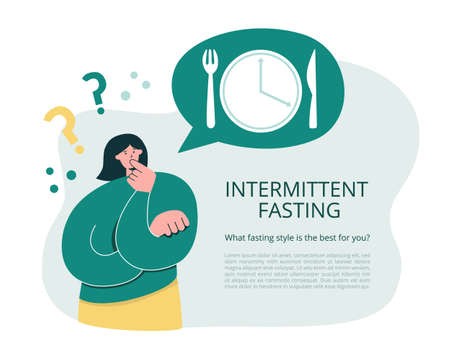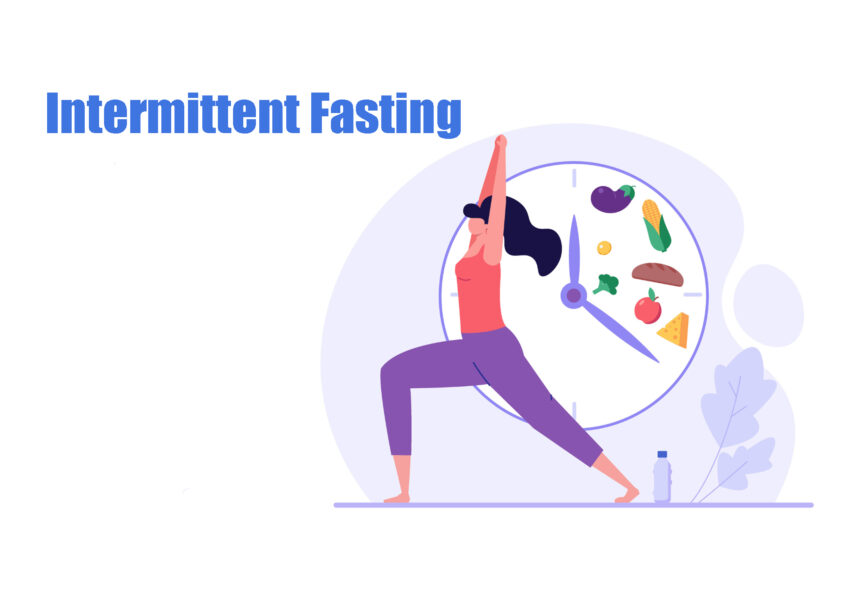Fasting is the single greatest natural healing therapy. It is nature’s ancient, universal ‘remedy’ for many problems.”
Elson Haas, M.D.
This article delves into the scientific principles, global perspectives, and health implications of intermittent fasting (IF). From its biological mechanisms to its cultural adaptations worldwide, this comprehensive analysis highlights the benefits, challenges, and future potential of IF as a lifestyle choice.
What is Intermittent Fasting?

Intermittent fasting (IF) refers to an eating pattern where individuals alternate between periods of eating and fasting. Unlike traditional calorie-restricted diets, IF focuses on when you eat rather than what you eat. Popular methods include time-restricted eating (e.g., 16/8 method), alternate-day fasting, and the 5:2 diet, where caloric intake is significantly reduced on two non-consecutive days per week.The growing popularity of IF stems from its purported health benefits, including weight loss, improved metabolic health, and enhanced longevity. However, the science behind these claims varies across studies and populations.
The Biological Science of Intermittent Fasting
1. Metabolic Shifts During Fasting
- Autophagy Activation: IF triggers autophagy, a cellular “clean-up” process that removes damaged cells and promotes regeneration. This mechanism is linked to anti-aging and disease prevention.
- Insulin Sensitivity: Fasting reduces insulin levels, allowing the body to burn stored fat more effectively.
- Hormonal Adjustments: Growth hormone levels increase during fasting periods, aiding fat burning and muscle preservation.
2. Weight Loss Mechanisms
- Reduced caloric intake during fasting naturally leads to weight loss. Studies show that IF can be as effective as continuous calorie restriction (CER) but may be easier to adhere to due to its flexibility.
- Fat mass reduction is often accompanied by preservation or even an increase in lean muscle mass.
3. Disease Prevention
- Cardiovascular Health: Lower levels of LDL cholesterol and triglycerides have been observed in individuals practicing IF.
- Neurological Benefits: Preliminary studies suggest that IF may improve memory and reduce the risk of neurodegenerative diseases like Alzheimer’s.
- Cancer Prevention: By reducing inflammation and promoting autophagy, IF may inhibit cancer cell growth.
Global Perspectives on Intermittent Fasting
1. Cultural Adaptations
Intermittent fasting is not a novel concept; it has roots in many cultural and religious practices:
- Ramadan Fasting: Practiced by Muslims worldwide, Ramadan involves daily fasting from sunrise to sunset for a month.
- Buddhist Monastic Practices: Many Buddhist monks follow a form of time-restricted eating by consuming food only during specific hours.
2. Regional Trends
- In Western countries, IF is often marketed as a wellness trend aimed at weight loss and metabolic health improvement.
- In Asia, traditional fasting practices are being reinterpreted through modern scientific frameworks.
3. Challenges Across Populations
While IF shows promise globally, its effectiveness can vary based on factors like age, gender, genetics, and pre-existing health conditions. For instance:
- Women may experience hormonal imbalances or menstrual irregularities with prolonged fasting.
- Older adults might face challenges due to reduced energy reserves.
Benefits vs. Limitations
| Benefits | Limitations |
| Weight loss and fat reduction | Not suitable for everyone (e.g., pregnant women or individuals with diabetes) |
| Improved insulin sensitivity | Risk of overeating during non-fasting periods |
| Enhanced autophagy and cellular repair | Potential side effects like fatigue or irritability |
| Potential longevity benefits | Lack of long-term human studies |
Is Intermittent Fasting Overhyped?
Despite numerous studies highlighting its benefits, some researchers argue that the evidence supporting IF’s superiority over other diets remains inconclusive:
- A 2023 study found that while IF leads to weight loss, it does not necessarily improve inflammatory markers or cardiovascular health compared to other methods.
- Claims about anti-aging effects are largely based on animal studies and require further validation in humans.
Research and Clinical Applications
To maximize the potential of intermittent fasting:
- Personalized Approaches: Tailoring fasting protocols based on individual needs could enhance adherence and outcomes.
- Long-term Studies: More extensive human trials are needed to confirm long-term safety and efficacy.
- Integration with Modern Medicine: Combining IF with pharmacological treatments could open new avenues for managing chronic diseases like diabetes and obesity.
A Balanced Perspective
Intermittent fasting offers a promising approach to improving health outcomes globally. While its benefits are supported by scientific evidence, it is not a one-size-fits-all solution. Individuals should consult healthcare professionals before adopting any fasting regimen.

